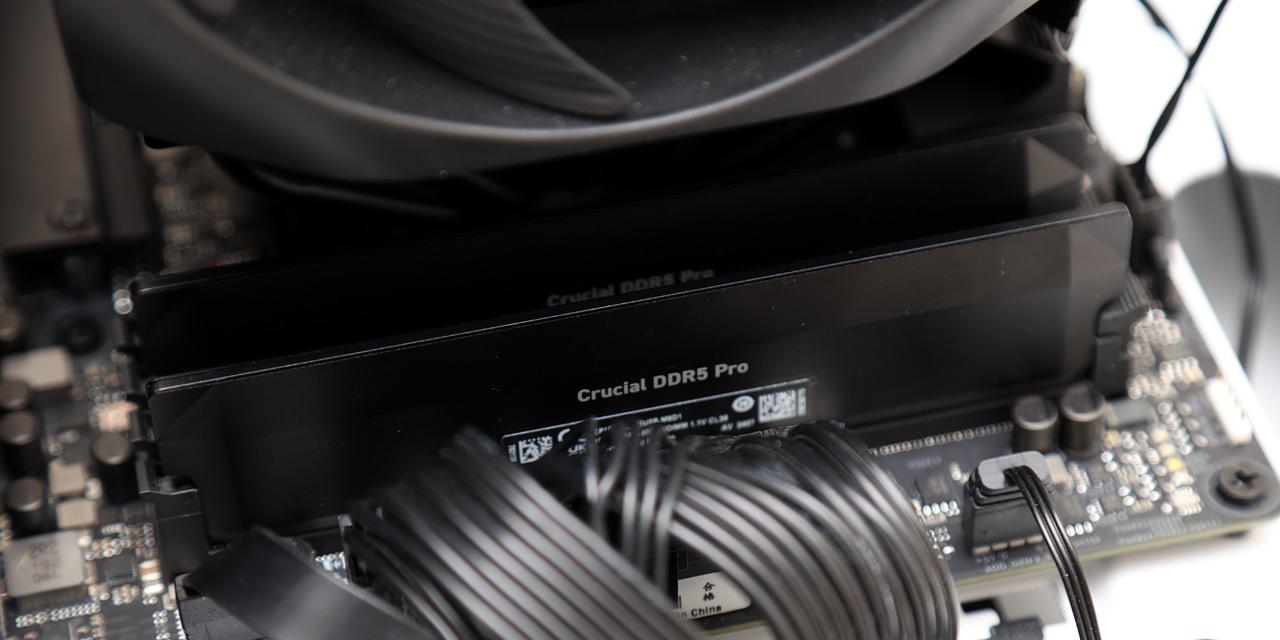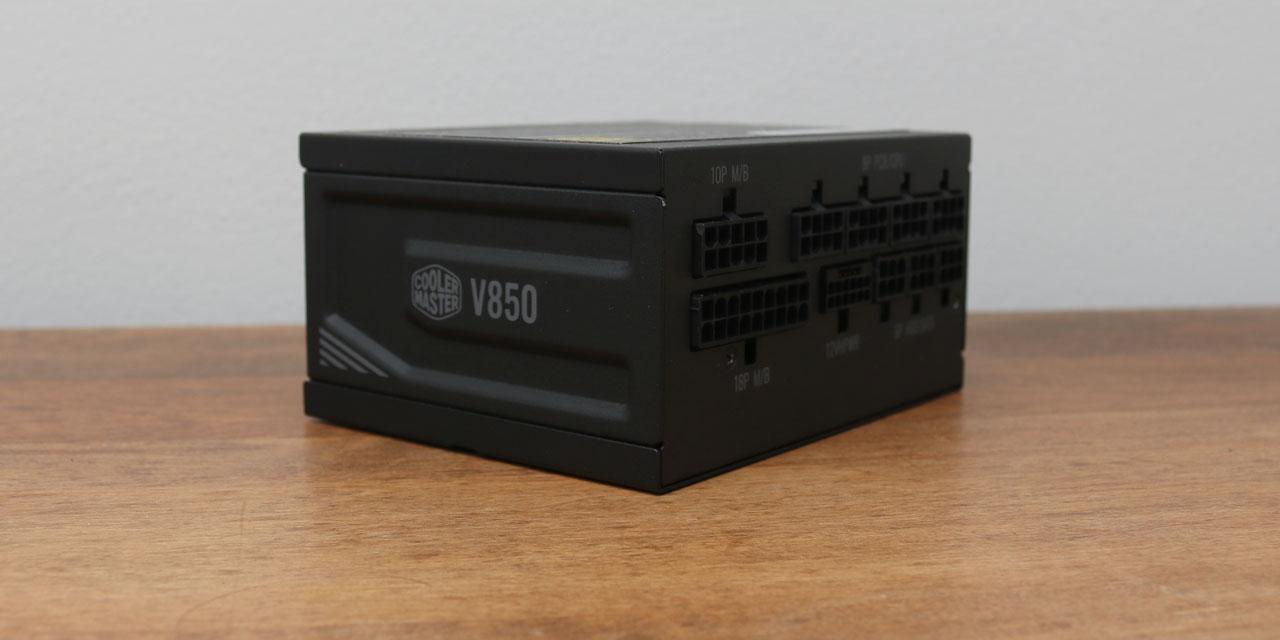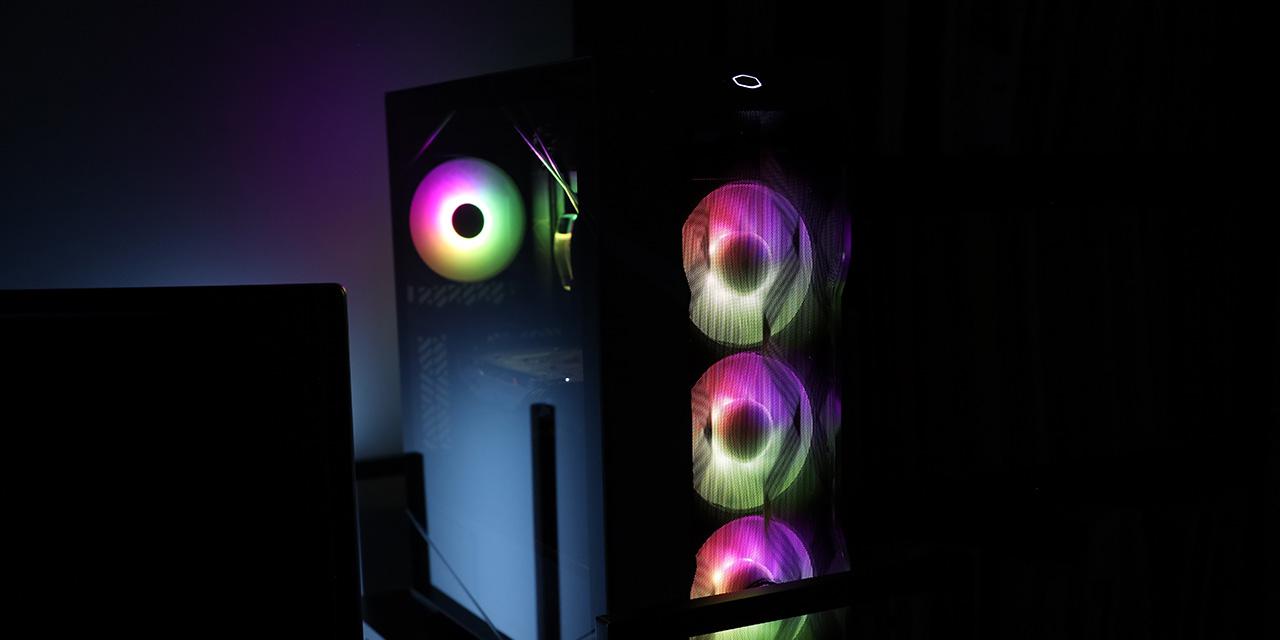|
From X-bit Labs: Globalfoundries, the world’s second largest contract maker of semiconductors, will start to produce test wafers using its hybrid 14nm eXtreme mobility (XM) process technology as soon as in the first or second quarter of 2014. Early adopters of the technology will be able to produce their test circuits to find out the pros and cons of the process. Unfortunately, the main customer of GlobalFoundries, will not be able to benefit from the 14nm XM FinFET technology. The 14nm-XM offering is based on a modular technology architecture that uses a 14nm FinFET devices combined with 20nm-LPM process back-end-of-line (BEOL) interconnect flow. Leveraging the maturity of the 20nm-LPM technology will enable a rapid time-to-market as well as a smooth transition for customers looking to tap the benefits of FinFET system-on-chips as soon as possible. According to Globalfoundries, 14-nm FinFETs have a 48-nm fin pitch, which is identical to what Globalfoundries expects about Intel's FinFET fabrication process. Mike Noonen, executive vice president of worldwide marketing and sales, told EETimes web-site that 14XM mutiproject wafer (MPW) runs could take place in the first or second quarters of 2013 and would be used by early adopters of the process to run test circuits. Globalfoundries positions its 14m XM manufacturing technology for those adopters of 20nm LPM manufacturing process who need additional performance and power saving, but not space and cost savings. The technology could be ideal for AMD, which is struggling to deliver competitive products on the market, but 14nm XM will not be tweaked to support silicon-on-insulator wafers, a crucial technology needed to manufacture AMD central processing units, and will remain bulk only. Globalfoundries seems to have a clear roadmap for both SOI as well as fully-depleted SOI at 28nm and 20nm. But those technologies use traditional planar transistors, not innovative FinFET transistors, which means that AMD will not be able to match Intel’s performance and power saving capabilities (Intel claims that tri-gate transistors enable 37% higher speed, or 50% lower power consumption compared to planar transistors) in the foreseeable future; at least, till Globalfoundries and its partners develop ultra high-performance 14nm process technology. View: Article @ Source Site |
 |
Globalfoundries to Start 14nm Tests in Q1 2013 - Company
© Since 2005 APH Networks Inc. All trademarks mentioned are the property of their respective owners.





